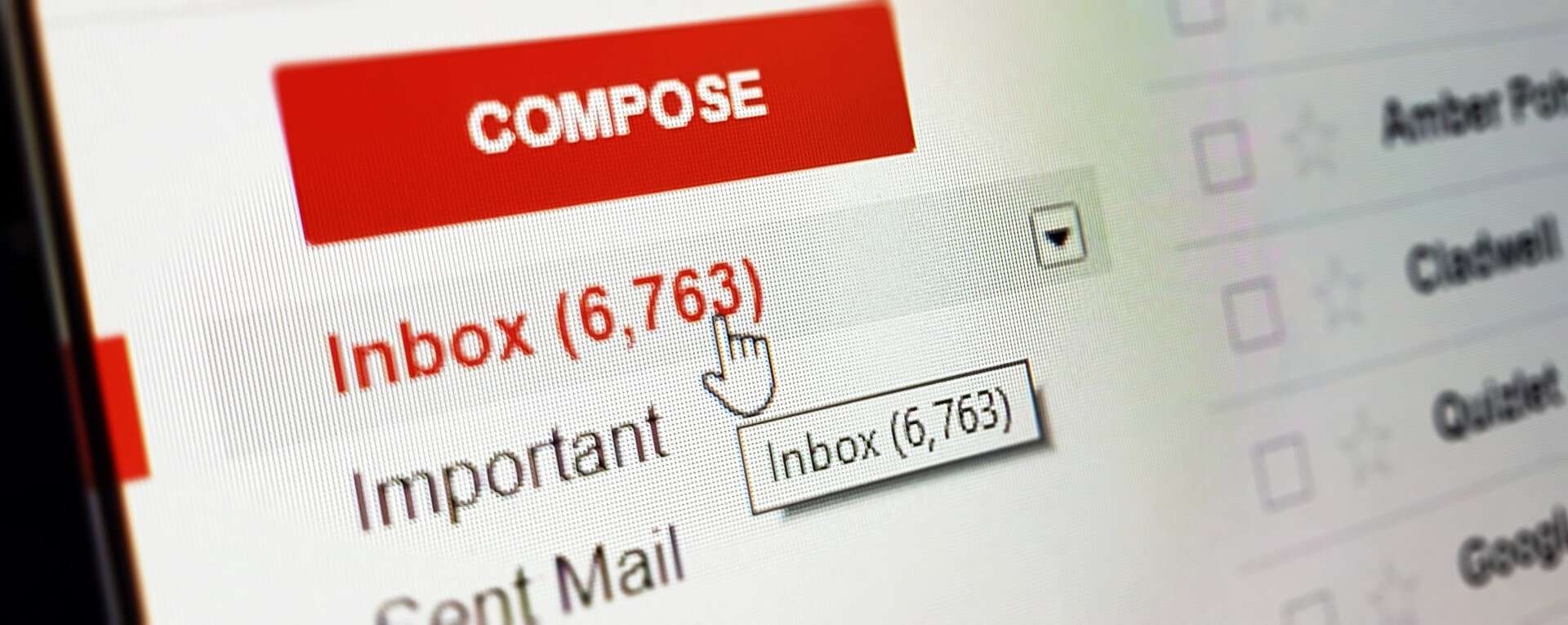Online crime rates are unfortunately on the rise as hackers become more sophisticated. In the same way that going online at all is risky without a firewall or anti-virus protection installed on the devices you’re using, it’s risky to set up a live website connecting you to your business and livelihood without a secure server or without taking adequate safety precautions. Ensuring your website is protected however will not only safeguard you from adverse activities but your user and client base as well – keeping all who are engaging with your content out of harm’s way. Read below for some tips on how to do just that.

Keep Software Up To Date
When applications and plug-in aren’t updated, it makes your website vulnerable to intruders. Typically, software is updated to fix glitches and minor issues with the program in question. However, keeping old software running is like having a door with a faulty lock, or a window that won’t close all the way; there are chances for these entryways to be compromised. When come to keep you safe while you surf the internet you should ALWAYS USE A VPN to encrypt your datas. Hackers know how to look for weaknesses in old software so if there is a crack, they’ll know how to find it.
Keep Backups Of Your Site
Secure web hosts like HostPapa will offer automated website recovery and back up in the event of a breech with their Business Pro hosting plans, however you should also keep backups offline as well as online. Visit HostPapa to learn more about the importance of backing up your files to Dropbox or a cloud like Google Drive, and how keeping printed hard copy versions of important documents ensures that no matter what happens in the virtual world, this information remain accessible to you.
Protect Against SQL Injections
An SQL injection will show hackers where your website is most vulnerable and unfortunately is very common. Hackers use simple commands to gain access to mass amounts of data, like usernames, passwords and private information. One way to remedy this is to implement SQL parameters; the engine then checks each parameter to verify the SQL is correct.
Invest In The Right Suite Of Security Features
Choose a service provider that will give you the security features you need, especially if you are an ecommerce site dealing frequently with customer transactions. See that your host is capable of providing you with a Premium Wildcard SSL certificate and domain privacy protection. Retrieving a trust seal from SiteLock which will automatically scan your website daily for potential malware and threats is also recommended.
Don’t allow your website to succumb to ever prevalent online attacks, putting your business and contacts in jeopardy; be prepared to combat hackers by partnering with a web host you can trust to monitor their servers efficiently. As well, perform updates on your end where possible, and make the code your website uses harder for criminals to crack. Finally, always have information backed up elsewhere so it can be retrieved easily should an unfortunate event transpire.





